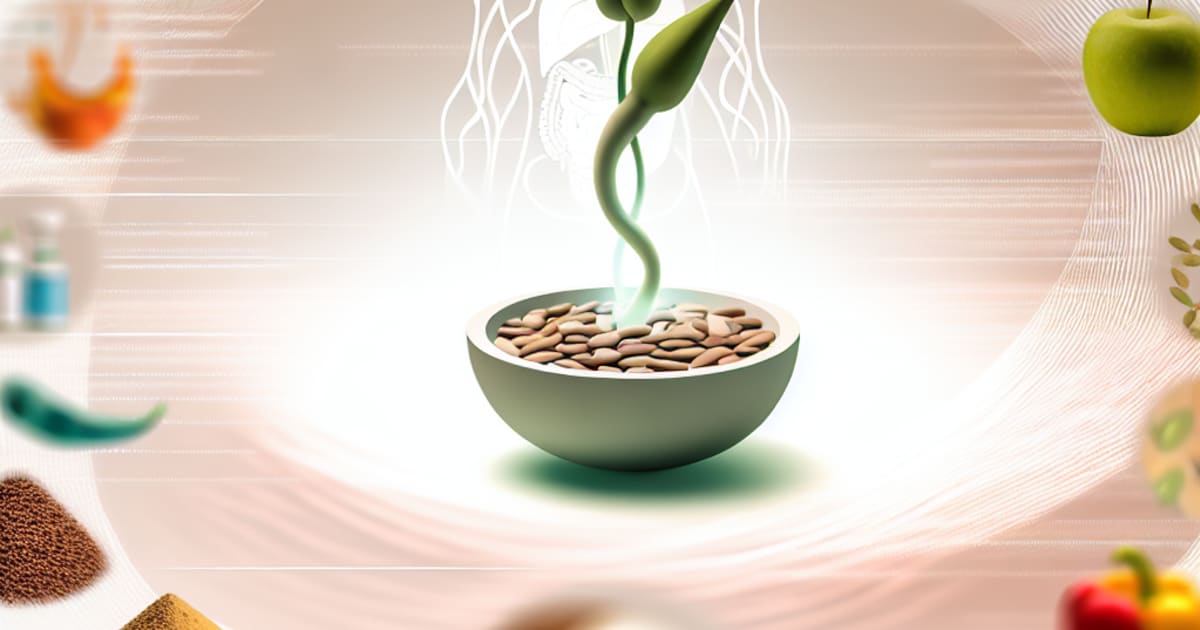
The Role of Diet in Fertility - A Comprehensive Guide
Title: The Role of Diet in Fertility: Eating Your Way to Parenthood
Introduction
Diet and fertility are two closely intertwined aspects of human health. The food we consume fuels our body, nourishes our cells, and has an immense influence on our reproductive health. This blog post will delve into the role our diet plays in fertility and the foods that can boost your chances of conceiving.
Understanding the Connection between Diet and Fertility
The first step in appreciating the role of diet in fertility is understanding the connection between the two. Our diet provides the building blocks for all our body's functions, including reproduction. The quality and type of nutrients we consume can impact hormone production, menstrual cycles, sperm health, and egg quality. Poor nutritional intake can lead to hormonal imbalances and ovulation problems, which can directly affect fertility. Conversely, a balanced and nutritious diet can boost fertility by promoting overall health and balancing hormones.
Nutrients and Their Role in Fertility
Certain nutrients play a pivotal role in enhancing fertility. Folate, iron, zinc, and vitamins D and E, among others, are essential for both male and female fertility. Folate is crucial for preventing neural tube defects in the baby, while iron aids in the production of healthy eggs. Zinc is necessary for a healthy menstrual cycle and quality sperm production. Vitamin D boosts the production of progesterone and estrogen, hormones crucial for fertility. Vitamin E is an antioxidant that protects egg and sperm DNA. Including food sources rich in these nutrients in your diet can help boost your fertility.
Fertility-Boosting Foods
There are specific foods known to enhance fertility. Lean proteins, such as chicken, turkey, and fish, provide essential amino acids that help in the production of hormones and the growth of the fetus. Whole grains like brown rice, oats, and quinoa are packed with fertility-boosting B vitamins and fiber. Fruits and vegetables, especially those rich in vitamin C and antioxidants, can improve egg and sperm health. Moreover, healthy fats from foods like avocados, nuts, and seeds can balance hormones and improve overall fertility.
Foods to Avoid for Optimal Fertility
Just as some foods boost fertility, others can hamper it. High-mercury fish, processed meats, trans fats, and high-sugar foods may negatively impact fertility. These foods can cause inflammation, hormonal imbalances, and weight gain, all of which can affect reproductive health. It's also advisable to limit caffeine and alcohol, as excessive intake can impact fertility.
The Role of Weight in Fertility
Weight is another important aspect of fertility. Both being underweight and overweight can hamper fertility as they can lead to hormonal imbalances and ovulation problems. A balanced diet, coupled with regular exercise, can help maintain a healthy weight and promote fertility.
Conclusion
Diet is a powerful tool when it comes to fertility. Consuming a nutrient-rich, balanced diet can go a long way in boosting your chances of conceiving. Remember, it's not just about eating certain foods, but also about maintaining a healthy lifestyle, including regular exercise and stress management. Always consult with your healthcare provider or a nutritionist for personalized dietary advice tailored to your needs. After all, the journey to parenthood is a personal one - and it starts with the food on your plate.
